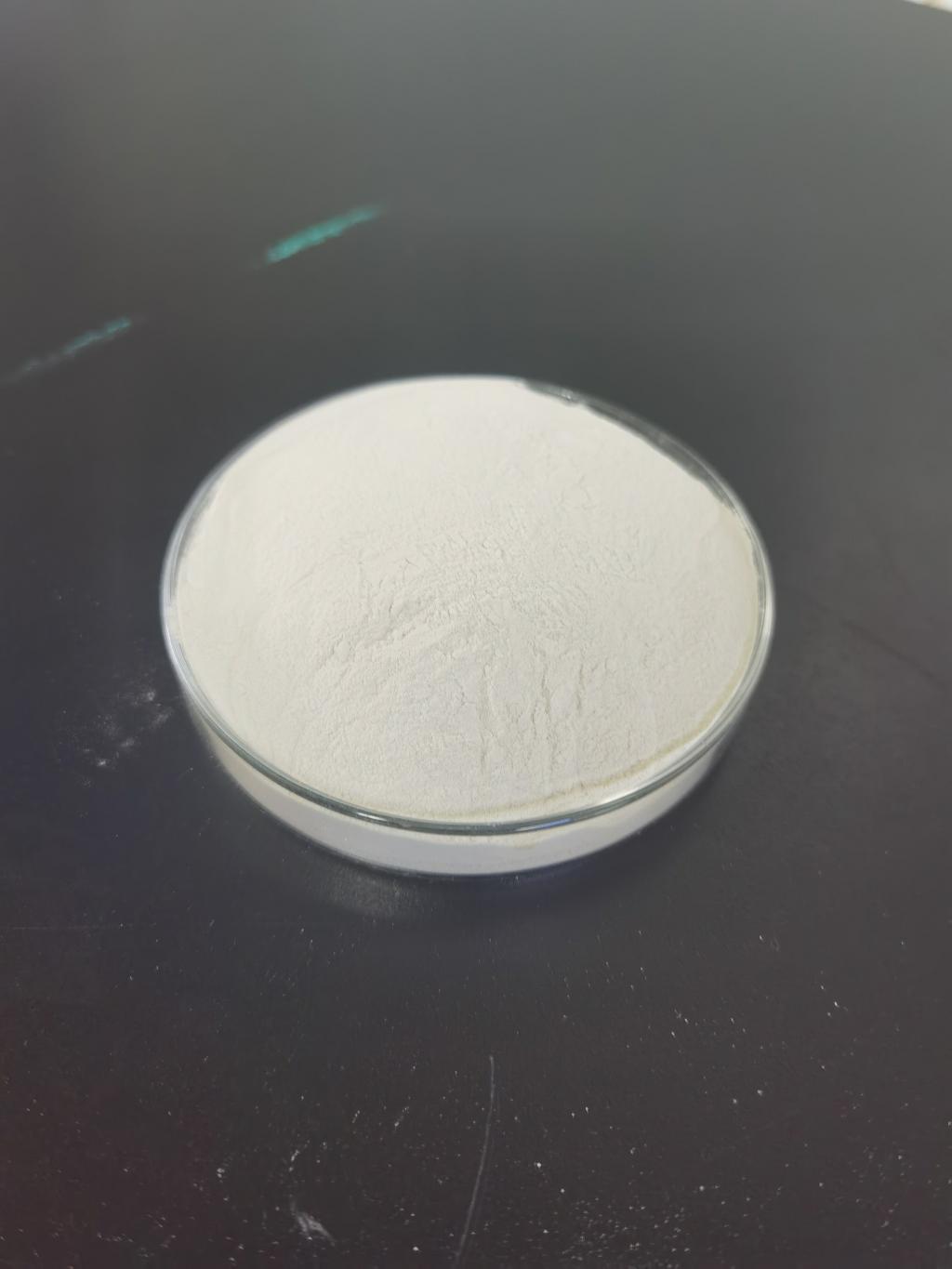Tel:0086 18231198596

News
Nisin's Role in Mitigating Climate Change Impacts on Food Security
TIME:2024-02-22
Climate Change and Food Security:
Climate change is disrupting weather patterns, leading to extreme events such as droughts, floods, and heatwaves. These events have direct and indirect consequences on agriculture, affecting crop growth, livestock health, and the livelihoods of millions of people dependent on agriculture for their sustenance. The changing climate also contributes to the spread of pests and diseases, further challenging global food security.
Nisin's Natural Origin and Sustainable Production:
Nisin, derived from certain strains of the bacterium Lactococcus lactis, is a natural antimicrobial peptide with a long history of use in food preservation. Its natural origin aligns with the growing demand for sustainable and eco-friendly solutions in various industries, including agriculture. The production of nisin can be achieved through fermentation, utilizing renewable resources and minimizing environmental impact compared to some synthetic alternatives.
Nisin as an Alternative to Synthetic Chemicals:
In conventional agriculture, synthetic chemicals are often used to control microbial contamination, pests, and diseases. However, the production, application, and residues of these chemicals contribute to environmental pollution and have long-term ecological impacts. Nisin, as a natural and biodegradable antimicrobial, offers a sustainable alternative with the potential to reduce reliance on synthetic chemicals in agriculture.
Enhancing Crop Resilience:
Nisin's antimicrobial properties can be harnessed to enhance the resilience of crops to climate-induced stressors. Incorporating nisin into agricultural practices, either through seed treatments or foliar applications, can help protect plants from bacterial and fungal infections. By reducing the prevalence of plant diseases, nisin contributes to maintaining healthy crops even under challenging climate conditions.
Nisin in Precision Agriculture:
Precision agriculture involves the use of technology to optimize farming practices based on real-time data. Integrating nisin into precision agriculture systems allows for targeted and efficient application, minimizing wastage and environmental impact. This approach aligns with sustainable farming practices, providing a viable solution for mitigating the impacts of climate change on crop production.
Water Management and Conservation:
Climate change often leads to shifts in precipitation patterns, resulting in water scarcity or excess in certain regions. Efficient water management is crucial for sustainable agriculture, and nisin's role in preventing microbial contamination can indirectly contribute to water conservation. By maintaining crop health and reducing the need for extensive irrigation, nisin supports water-efficient farming practices.
Livestock Health and Sustainable Animal Agriculture:
Climate change affects not only crops but also livestock, impacting animal health and productivity. In animal agriculture, nisin can be employed as a natural antimicrobial agent to enhance feed safety and control bacterial infections. This application contributes to sustainable livestock farming by reducing the need for antibiotics and synthetic growth promoters, which are associated with environmental and public health concerns.
Mitigating Post-Harvest Losses:
Climate change can exacerbate post-harvest losses through increased pest activity, changes in temperature and humidity, and alterations in storage conditions. Nisin's antimicrobial properties can be leveraged to develop eco-friendly and sustainable post-harvest treatments. By inhibiting the growth of spoilage microorganisms, nisin helps extend the shelf life of harvested crops, reducing food waste and enhancing overall food security.
Regulatory Considerations and Safety:
The integration of nisin into agricultural practices requires regulatory approvals to ensure safety for both the environment and consumers. Regulatory agencies play a crucial role in establishing guidelines for nisin usage, setting maximum allowable concentrations, and assessing its environmental impact. Collaborative efforts between researchers, policymakers, and industry stakeholders are essential to navigate the regulatory landscape and promote the responsible use of nisin in agriculture.
Challenges and Considerations:
While the potential benefits of nisin in mitigating climate change impacts on food security are evident, several challenges and considerations must be addressed. These include optimizing application methods, addressing potential resistance in target microorganisms, and conducting comprehensive risk assessments. Additionally, education and awareness initiatives are needed to facilitate the adoption of nisin-based solutions among farmers and stakeholders in the agricultural supply chain.
Collaborative Research and Innovation:
Addressing the complex challenges of climate change and food security requires collaborative research and innovation. Scientists, agricultural experts, policymakers, and industry stakeholders need to work together to develop and implement sustainable solutions. Research efforts should focus on optimizing nisin application methods, understanding its interactions with different crops and environments, and assessing its long-term effects on soil health and microbial ecosystems.
Conclusion:
In conclusion, nisin's natural origin, antimicrobial properties, and sustainable production make it a promising candidate for mitigating the impacts of climate change on food security. By reducing the reliance on synthetic chemicals, enhancing crop resilience, supporting water-efficient farming practices, and contributing to sustainable livestock management, nisin offers a multifaceted approach to building resilience in the face of climate-related challenges.
However, the successful integration of nisin into agriculture requires a holistic and collaborative approach. Regulatory frameworks must be established to ensure the responsible use of nisin, addressing safety concerns and environmental considerations. Ongoing research and innovation are crucial to optimizing nisin application methods, overcoming challenges, and unlocking its full potential in safeguarding global food security in the era of climate change.

 CONTACT
CONTACT




